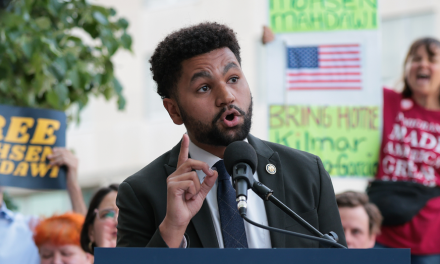As it has been over three months since Kamala Harris was announced as the Democratic nominee for Vice President, she has attracted attention for not yet hosting a formal press conference. This has led to a discussion on her media availability during her campaign alongside Democratic presidential nominee Joe Biden.
The role of a vice-presidential candidate typically includes engaging with the press as a means to address voter inquiries and provide insights into the campaign’s strategies and policies. However, Harris’s absence from formal press conferences has raised questions among political analysts and journalists.
Those examining her campaign approach note that while Harris has participated in interviews and public events, the absence of a formal press conference remains notable. In these structured press conferences, candidates are usually expected to answer a wide array of questions from the media, ranging from policy stances to personal insights.
Some speculate that the current strategy may be designed to minimize future controversies or tricky questions in an election year characterized by unprecedented challenges, such as the COVID-19 pandemic and social justice issues. By limiting her exposure to potentially challenging media scenarios, Harris and the Democratic campaign team can focus on controlling their narrative and focusing on their core campaign messages.
Critics argue that avoiding a formal press conference may be a disservice to voters who seek transparency and open communication from those who aspire to hold public office. They point out that hosting open forums demonstrates accountability and gives voters confidence in the candidate’s ability to handle spontaneous or difficult questions.
Supporters, on the other hand, claim that Harris’s other media engagements suffice in providing voters with the information they need. They argue that, in a rapidly evolving digital media landscape, the traditional press conference is losing its significance and that her decision aligns with modern campaigning techniques that rely more heavily on curated social media and direct voter engagement.
Nevertheless, as the election season progresses, the question remains whether Harris will hold a formal press conference before heading into the final stretch of campaigning. The outcome could impact perceptions of her transparency and accessibility as a potential future vice president.
The balance between maintaining a structured campaign and offering sufficient media access continues to be a key consideration for the Democratic ticket. Whether or not Kamala Harris chooses to hold a formal press conference could potentially affect not only public perception of her candidacy but also influence future strategies for political candidates.
































